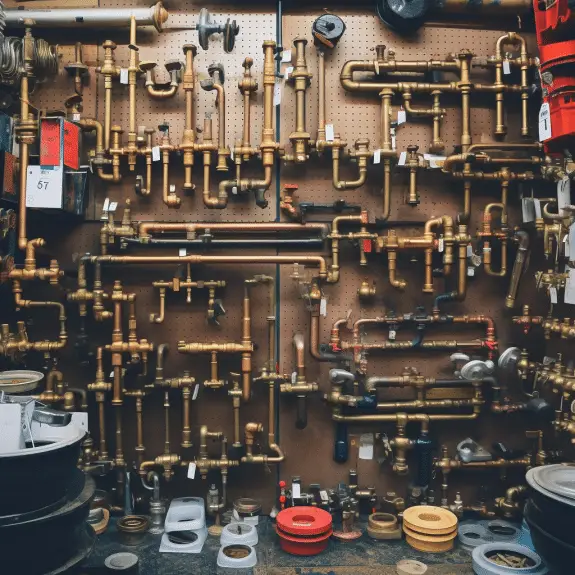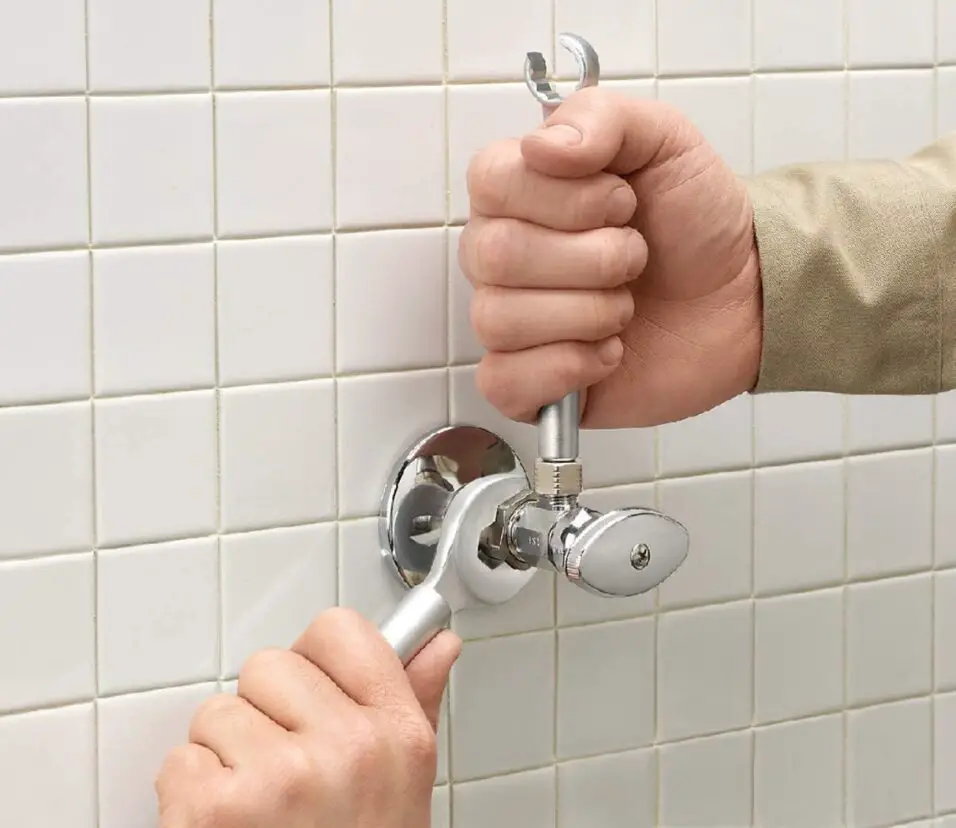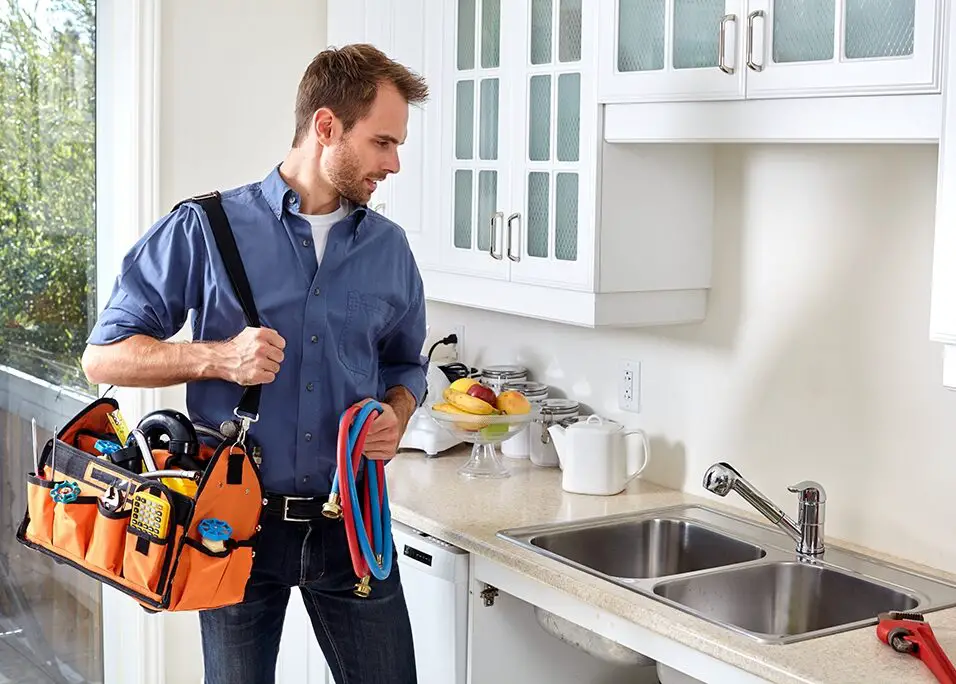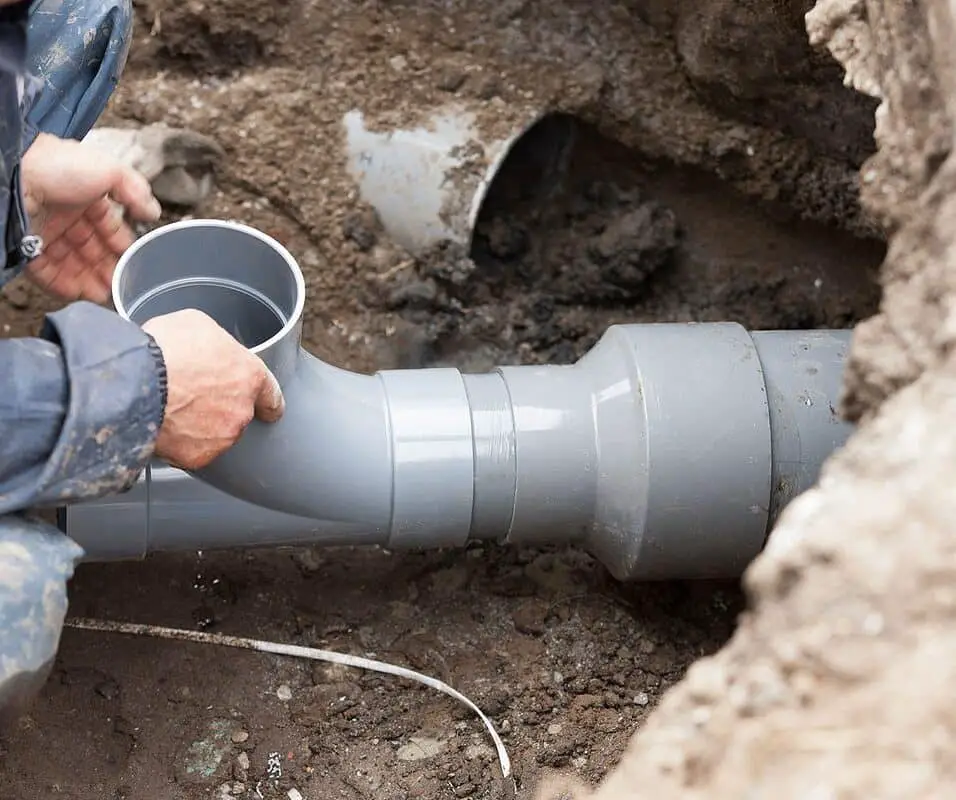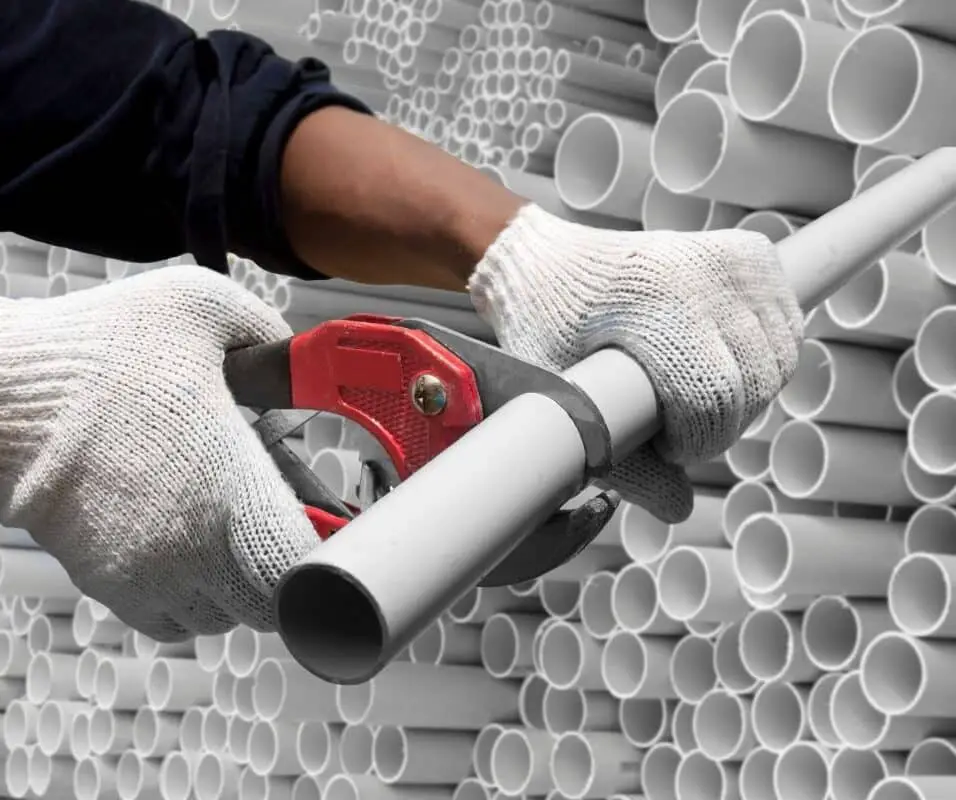How To Clean Your Plumbing Pipes
Introduction
How To Clean Your Plumbing Pipes: Proper maintenance and regular cleaning of your plumbing pipes are essential for maintaining the smooth functioning of your home’s water and drainage systems. Over time, debris, mineral deposits, grease, and other substances can accumulate inside the pipes, leading to clogs, slow drains, foul odors, and even potential plumbing emergencies. However, with a little know-how and the right tools, you can keep your plumbing pipes in excellent condition and prevent costly repairs.
Cleaning your plumbing work pipes effectively. We will explore various methods and techniques that can help you tackle common plumbing issues and ensure optimal performance. Whether you’re dealing with a minor clog or want to perform routine maintenance, these tips will assist you in achieving a clean and healthy plumbing system.
We will begin by discussing the importance of regular pipe maintenance and the benefits it offers. By understanding the impact of neglecting your plumbing system, you’ll be motivated to take preventive measures. Next, we’ll cover some basic safety precautions and essential tools you’ll need to undertake pipe cleaning tasks safely and efficiently.
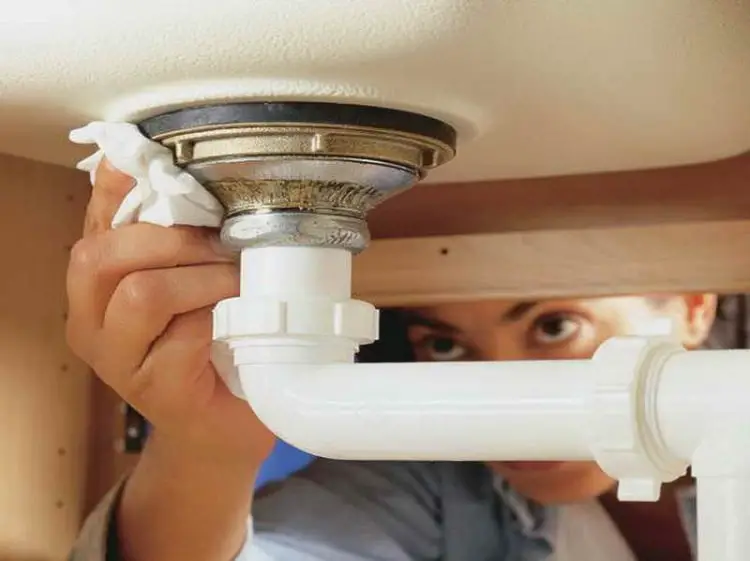
How do you clean house plumbing pipes?
Open ALL hot water sink fixtures, hot water bathtub or shower fixtures. Next, open all other hot water fixtures, such as in kitchens, wet bars, etc. Run all of these hot water fixtures for 15 minutes, then shut the water off.
Cleaning house plumbing pipes can be done using several methods, depending on the severity of the issue. Gather the necessary tools, You will need some basic tools like a plunger, drain snake, bucket, gloves, and possibly a wrench or adjustable pliers. For simple clogs in sinks, toilets, or showers, start by using a plunger. Ensure there is enough water in the fixture to cover the suction cup of the plunger. Place the plunger over the drain and vigorously plunge up and down to create suction and dislodge the clog.
In some cases, clogs may be located in the P-trap or U-bend under the sink. Place a bucket beneath the trap to catch any water or debris. Use a wrench or adjustable pliers to loosen and remove the trap. Clean out any trapped debris and rinse the trap before reattaching it. For stubborn clogs deeper in the pipes, a drain snake or auger can be effective. Insert the snake into the drain and rotate it while pushing it further into the pipe. Continue until you feel resistance or reach the clog. Rotate and maneuver the snake to break up or retrieve the obstruction.
For minor buildup or odors, you can use natural remedies like baking soda, vinegar, or a mixture of hot water and dish soap. Pour a cup of baking soda followed by a cup of vinegar down the drain, and let it sit for about 30 minutes. Then flush with hot water to clear the pipes. If DIY methods are not effective, or if you have complex plumbing systems, it’s advisable to contact a professional plumber. They have the expertise and specialized equipment to handle more challenging clogs and perform thorough pipe cleaning.
What is the best thing to clean out pipes?
An enzymatic or bacterial drain cleaner works best. It’s best to pour this down your drain and leave it overnight in order to dissolve organic material. Biological cleaners are slower to work, but far safer for you, your plumbing, and the local environment when compared to chemical cleaners.
When it comes to cleaning out pipes, there are several effective methods and substances to consider. The best option depends on the specific situation and the nature of the clog or buildup.
This natural and environmentally friendly combination can effectively break down organic matter and remove minor clogs. Start by pouring a cup of baking soda down the drain, followed by a cup of vinegar. Allow the mixture to fizz and react for about 30 minutes, then flush the drain with hot water.
Flushing your pipes with hot water on a regular basis can help prevent buildup and keep them clear. Boil a kettle of hot water and carefully pour it down the drain. Repeat this process a few times to thoroughly flush the pipes.
Enzyme-based drain cleaners are designed to break down organic matter like hair, grease, and food particles. These cleaners contain specialized enzymes that digest the clog over time. Follow the instructions on the product for the recommended usage. In cases of severe clogs or extensive buildup, professional plumbers may use hydro jetting. This method involves using high-pressure water jets to forcefully clear the pipes. It is highly effective in removing stubborn clogs and residue.
Plungers and drain snakes (or augers) are commonly used mechanical tools for clearing clogs. Plungers create suction to dislodge clogs, while drain snakes are long, flexible tools that can reach deeper into the pipes to break up or retrieve obstructions.
Can I clean my pipe with dish soap?
Wash it down with warm water and dish soap, using a pipe cleaner and sponge as needed. Let it dry before using it again. For a metal or ceramic pipe, you can just boil it in water for 30 minutes to an hour. You can also do the above process except with baking soda and white vinegar. Dish soap is particularly effective at breaking down grease and residue that can accumulate in kitchen sink drains. Grease from cooking, food particles, and soap scum can build up over time and contribute to clogs. By mixing a few drops of dish soap with hot water and pouring it down the drain, you can help dissolve and remove these substances, preventing clogs and maintaining smooth drainage.
Foul odors emanating from drains are often caused by organic matter trapped in the pipes. Dish soap can help combat these odors by breaking down the organic materials and removing the source of the smell. Simply pour a small amount of dish soap down the drain, let it sit for a few minutes, and then flush with hot water to eliminate unpleasant odors.
Regularly cleaning your pipes with dish soap can help prevent the buildup of debris and residue. By incorporating a dish soap cleaning routine into your household maintenance, you can reduce the likelihood of clogs and keep your pipes running smoothly.

Does vinegar clean pipes?
With time, baking soda and vinegar may work as a natural drain cleaner on weaker drain clogs, and the benefits of regular drain cleaning can help keep your drains free of clogs. But for tough drain clogs that need to be dissolved right away, you may want to use a stronger drain cleaner, like Liquid-Plumr.
Vinegar has natural deodorizing properties, which can help eliminate unpleasant odors emanating from drains. It can also act as a mild disinfectant, reducing the presence of bacteria or mildew. By pouring vinegar down the drain and letting it sit, it can help neutralize odors and maintain a fresher-smelling drain.
Regularly using vinegar as a preventive measure can help maintain the health of your drains. By periodically pouring vinegar down the drain and flushing it with hot water, you can help prevent the accumulation of debris, grease, and soap scum, reducing the risk of clogs and promoting better drainage.
However, it’s important to note that vinegar may not be effective for severe clogs or heavy buildup. In such cases, stronger methods or professional assistance may be necessary. Additionally, vinegar should not be used in conjunction with bleach or other cleaning chemicals, as the combination can produce toxic fumes.
Should I clean my pipe with water?
You can do this by running the dirty glass piece through hot water and/or holding it upside and gently tapping. You can use a pipe cleaner or a paperclip to dislodge much of the resin. Be gentle — even in the tough spots — so that you don’t break it.
Stagnant water in pipes can sometimes produce unpleasant odors. Running water through the pipes can help alleviate this issue by eliminating stagnant areas and keeping the plumbing system flushed. This can help maintain a fresher-smelling drain.
However, it’s important to note that water alone may not be sufficient to remove more stubborn clogs or extensive buildup in the pipes. In such cases, the use of specialized tools, natural remedies like baking soda and vinegar, or seeking professional assistance may be necessary.
While water is not a standalone cleaning agent for pipes, it plays a crucial role in routine maintenance and prevention. Regularly flushing your pipes with hot water can help keep them clear and prevent minor clogs, contributing to the overall health and functionality of your plumbing system.
While water alone may not be sufficient for deep cleaning or removing stubborn clogs from your pipes, it is an essential component of regular pipe maintenance. Flushing your pipes with water on a routine basis can help prevent the buildup of debris, grease, and other substances, keeping them clear and functioning optimally.
How often should I clean my pipe?
Both experts suggest cleaning your bong or pipe once a week. “A lot of connoisseurs clean their bong every day,” says Reyna. “If you want to keep it clean and prevent things like this, just dump the water when you are done using your bong every single time and clean it anyway.”The frequency of cleaning your pipes depends on several factors, including the specific plumbing system, water quality in your area, and your usage patterns. However, as a general guideline, it is recommended to perform routine maintenance and cleaning of your pipes at least once or twice a year.
Factors like the age of the plumbing system, usage patterns, and specific plumbing issues can influence the need for more or less frequent cleaning. It’s always beneficial to be observant of any changes in water flow, odors, or other signs of potential plumbing issues and adjust your cleaning schedule accordingly.
How can I prevent clogs in my plumbing pipes?
Preventing clogs starts with being mindful of what goes down your drains. Avoid disposing of grease, coffee grounds, food scraps, and other debris that can accumulate and clog the pipes. Using drain guards or strainers can also help trap larger particles and prevent them from entering the plumbing system. Regularly flushing your drains with hot water can help prevent buildup and keep the pipes clear.
Preventing clogs in your plumbing pipes is essential for maintaining optimal water flow and preventing costly plumbing issues. Here are some effective preventive measures you can take to minimize the risk of clogs:
Use Drain Guards or Strainers:
Install drain guards or strainers in sinks, showers, and tubs to catch hair, food particles, and other debris before they enter the pipes. Regularly clean and empty the drain guards to prevent blockages.
Dispose of Grease Properly
Avoid pouring grease, oil, or fat down the drains. These substances can solidify and cause clogs. Instead, allow them to cool and dispose of them in the trash or collect them in a container for recycling.
Be Mindful of What Goes Down the Drain
Avoid flushing or rinsing large or non-biodegradable items, such as sanitary products, wipes, cotton balls, dental floss, and paper towels. These can accumulate and lead to clogs. Only flush toilet paper and use the garbage for other items.
Flush with Hot Water
Regularly flush your drains with hot water to help dissolve and wash away grease, soap residue, and small debris. This can help prevent buildup in the pipes.
Regular Maintenance
Perform routine maintenance, such as periodically cleaning the drain traps, especially under sinks, to remove any trapped debris. This can prevent clogs from forming and ensure smooth drainage.
Use Natural Remedies
Utilize natural remedies like baking soda and vinegar to keep your pipes clean. Pour a mixture of baking soda and vinegar down the drain, followed by hot water, to help break down organic matter and prevent clogs.
Educate Household Members
Teach your family members about proper drain usage and what should and shouldn’t go down the drains. Encourage everyone to follow these practices to minimize the risk of clogs.
By implementing these preventive measures, you can significantly reduce the chances of experiencing clogs in your plumbing pipes. Regular maintenance, proper disposal of waste, and mindful drain usage will help keep your pipes clear and your plumbing system functioning smoothly.
What should I do if I encounter a stubborn clog that I can’t remove myself?
If you’ve tried DIY methods and are still unable to remove a stubborn clog, it’s best to seek professional assistance. Plumbers have the expertise and specialized equipment to tackle more challenging clogs without causing damage to your pipes. They can employ techniques like snaking or hydro jetting to effectively clear the obstruction and restore proper flow.
Are there any warning signs that indicate my plumbing pipes need cleaning?
Yes, there are several warning signs that indicate your plumbing pipes may need cleaning. These include slow draining sinks or showers, gurgling sounds in the pipes, foul odors emanating from drains, recurring clogs, or visible backups. If you notice any of these signs, it’s a good indication that there is a buildup of debris or a clog in your pipes that needs attention. Performing routine maintenance can help prevent these issues from occurring in the first place.
Before seeking professional help, you can try alternative methods such as using a plunger, a drain snake (or auger), or a natural remedy like a mixture of baking soda and vinegar. Follow the proper instructions and precautions for each method.
If your attempts to clear the clog have been unsuccessful or if you’re dealing with a more complex plumbing system, it’s best to contact a professional plumber. They have the expertise, experience, and specialized equipment to handle stubborn clogs effectively without causing damage to your pipes.
When contacting a plumber, provide them with as much information as possible. Describe the issue, the fixture affected, and any previous attempts you’ve made to clear the clog. This information will help them assess the situation and come prepared with the necessary tools and solutions.
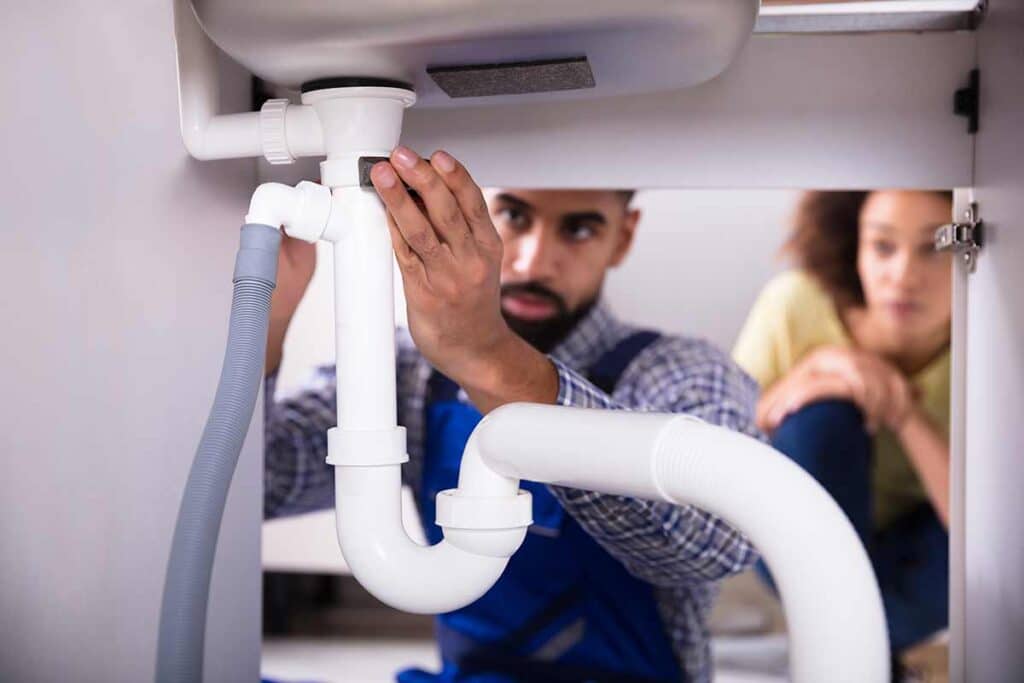
Conclusion
Maintaining clean and efficient plumbing pipes is vital for the smooth operation of your home’s water and drainage systems. By following the methods and techniques outlined in this guide, you can tackle common plumbing issues, prevent clogs, and ensure optimal performance. Let’s recap what we’ve learned.
Firstly, we emphasized the importance of regular pipe maintenance. Neglecting your plumbing system can lead to clogs, slow drains, and foul odors, which can escalate into more significant problems over time. By implementing a proactive approach to pipe cleaning, you can avoid costly repairs and inconvenience.
We discussed the essential safety precautions to keep in mind when working on your plumbing pipes. Safety should always be a priority, and taking the necessary measures will protect you from accidents and injuries during the cleaning process. Additionally, we highlighted the tools you’ll need for effective pipe cleaning, such as plungers, drain snakes, and hydro jetting equipment.
Furthermore, we explored natural remedies and DIY solutions for unclogging pipes and eliminating odors. These methods, including using baking soda and vinegar or hot water flushes, provide effective and environmentally friendly alternatives to harsh chemical cleaners. They can effectively dissolve blockages and keep your pipes clear and odor-free.
In more stubborn cases, we discussed specialized techniques like snaking and hydro jetting, which can be utilized to remove more stubborn clogs and deep-seated debris. However, it’s important to exercise caution and consider seeking professional assistance when dealing with complex plumbing issues.




